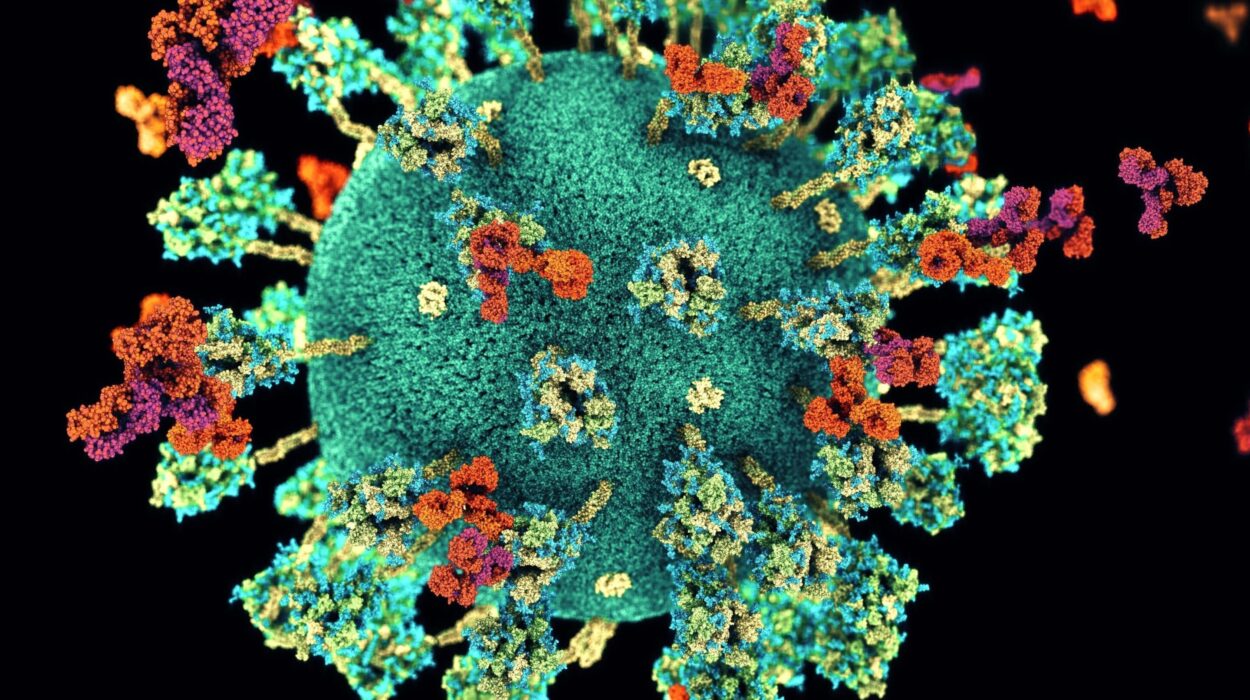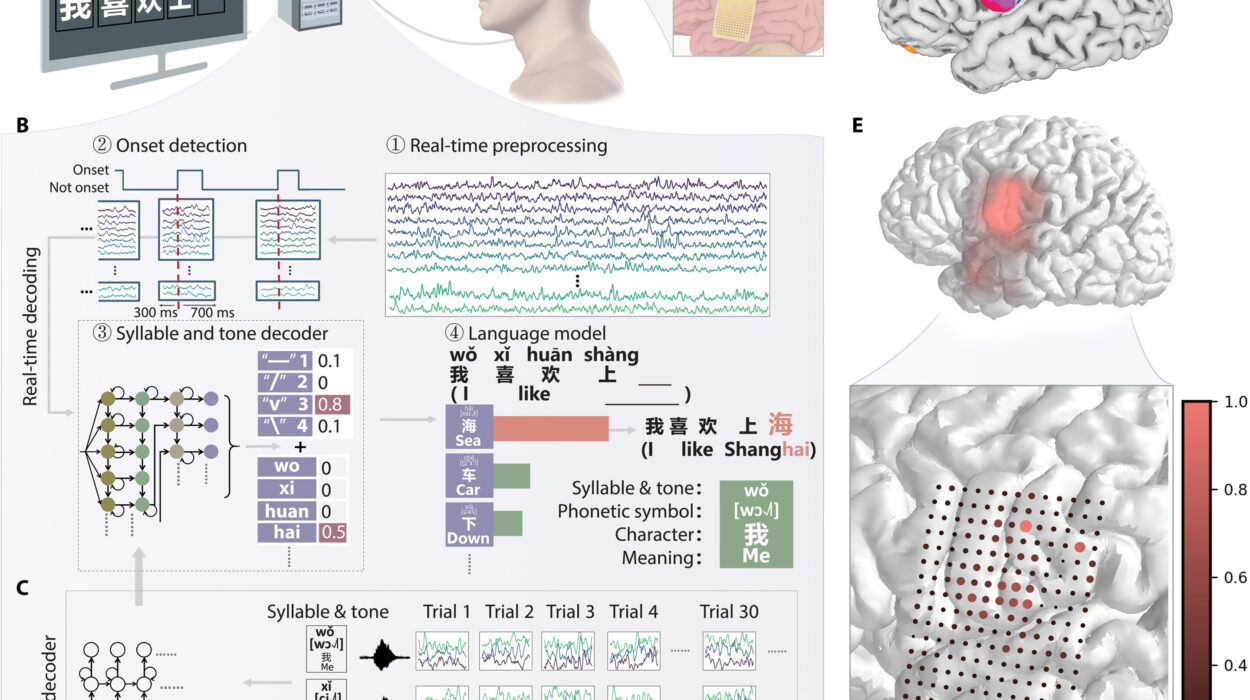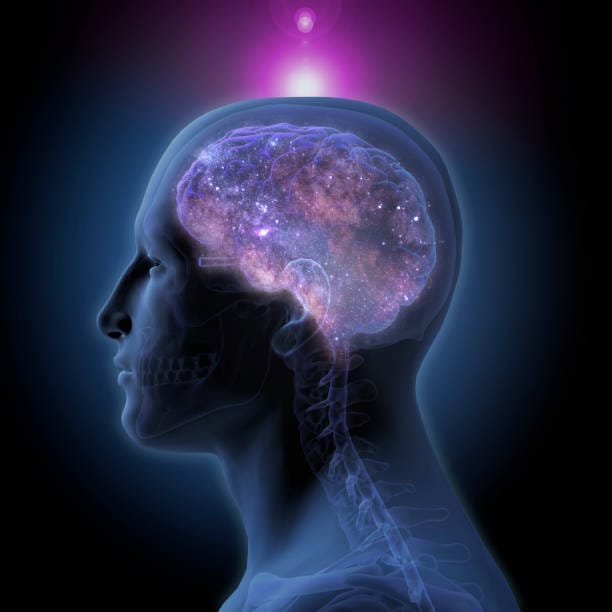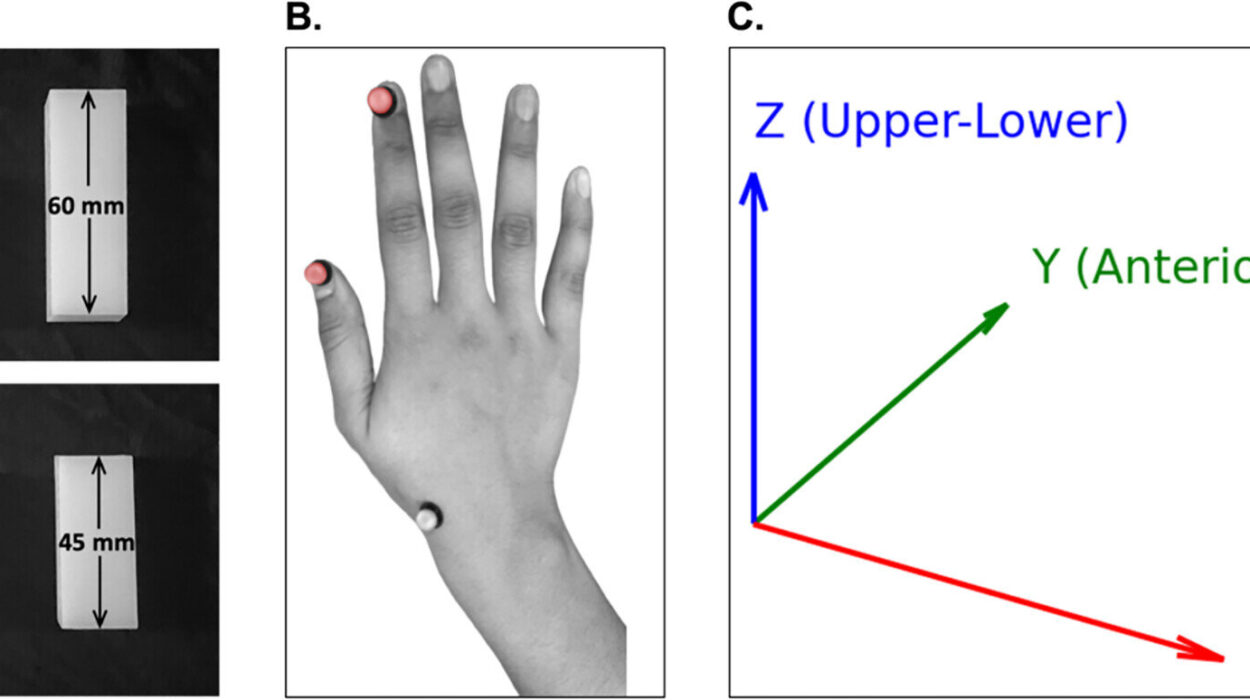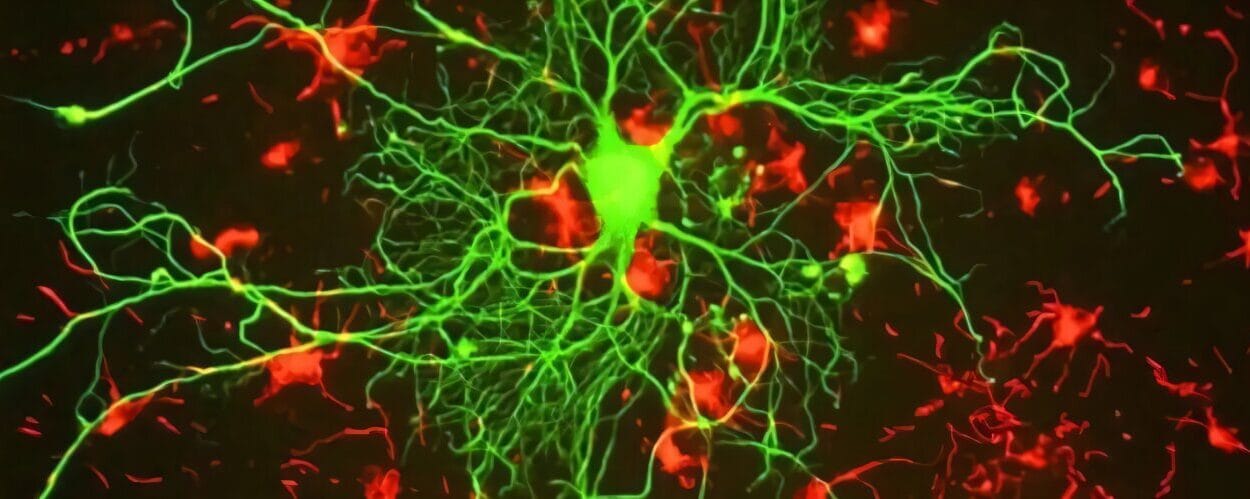Coffee isn’t just a drink—it’s a ritual. It begins with the familiar sound of beans grinding or a kettle boiling, followed by the rich aroma that swirls through your kitchen like a warm embrace. The first sip is almost ceremonial, grounding millions of people in a routine that signifies the beginning of productivity, focus, and mental clarity. But a provocative new study published in Heliyon challenges one of our most deeply held beliefs about coffee: that caffeine is the primary engine driving its energizing effects.
According to this research, conducted through a rigorous double-blind, placebo-controlled experiment, the mental and physical kick we feel after drinking coffee may owe more to the ritual of drinking coffee than to the actual caffeine it contains. In fact, decaffeinated coffee produced many of the same physiological and cognitive responses as caffeinated versions among habitual drinkers. It’s not just what’s in your mug—it’s the experience of drinking it.
Rethinking the Coffee Habit: What Really Wakes You Up?
If you’re among the billions who greet their day with a cup of joe, chances are you credit caffeine with your newfound morning alertness. It’s been culturally and scientifically stamped as the world’s favorite stimulant. But what if your brain and body have been conditioned by more than just a molecule?
Mateja Lesar, lead author of the study and a research assistant at the Faculty of Information Studies in Novo Mesto, wanted to test this very idea. “Caffeine is something we use every day, yet is poorly understood,” Lesar explains. “We wanted to understand what actually triggers the physical and mental effects people associate with coffee, especially in regular drinkers.”
This leads to a simple yet profound question: Is it the chemical or the ceremony?
Brewing the Experiment: Caffeine vs. Ritual
To answer this, the researchers designed an experiment with elegant precision. They recruited 20 healthy university students—10 men and 10 women—who habitually drank coffee (one to three cups a day). Before the experiment, all participants were instructed to abstain from caffeine for at least eight hours to minimize residual effects.
The participants were then randomly assigned to two groups: one received caffeinated coffee, and the other drank decaf. The clever twist? Both beverages were visually and gustatorily identical. Even the decaf group got drinks made from decaffeinated beans but mimicking caffeinated ones in every possible way. For the caffeinated group, researchers simply added caffeine powder back into the decaf brew. This controlled design allowed them to isolate the psychological and physiological responses tied to the experience of drinking coffee, separate from its chemical payload.
Then came the tests: heart rate and blood pressure monitoring, EEG brain scans, mental arithmetic tasks, and auditory attention assessments. The goal? To find out whether the caffeine itself, or the act of drinking coffee, was really responsible for the cognitive and physiological “boost” people report.
Unraveling the Results: A Tale of Two Coffees
The findings surprised even the researchers. Despite expectations, both the caffeinated and decaffeinated coffee produced nearly identical physiological changes. Heart rate dropped. Blood pressure rose. These effects are typically considered hallmarks of caffeine’s presence, yet they occurred regardless of whether the participants had actually consumed any.
“Both decaf and a high dose of caffeine produced similar cardiovascular effects,” Lesar noted. “If anything, here is where we would expect a discrepancy between the two beverages, since these are harder to attribute to ritual.”
In mental arithmetic tasks, neither group showed a significant difference in performance—suggesting that caffeine had little effect on accuracy or output. But reaction times in auditory attention tasks did show slight improvement for both groups, with statistical significance only present in the caffeinated group. Even here, though, the placebo group wasn’t far behind, hinting at the power of expectation over substance.
The EEG scans offered perhaps the most revealing data. During attention tasks, both groups exhibited increased brain activity related to cognitive processing, especially in the P3 component—associated with decision-making and attention. However, this increase was only statistically significant in the caffeinated group. There were also subtle distinctions in resting-state brain activity, particularly in alpha and beta wave patterns. In the caffeinated group, decreased alpha power at the FC2 electrode suggested heightened mental readiness—alpha suppression often correlates with increased focus.
Still, the overlapping effects between both groups were striking.
Conditioning, Expectation, and the Placebo Power of Coffee
So, what explains the fact that people felt—and physiologically responded—like they were caffeinated, even when they weren’t?
One compelling answer: conditioning. Just as Pavlov’s dogs salivated at the sound of a bell, regular coffee drinkers may have developed automatic responses to the sensory and contextual cues associated with coffee—its smell, its warmth, its taste. Over time, the body learns to respond as if caffeine is present, even when it’s not.
“Our results indicate that habitual coffee drinkers may experience conditioned responses, which are independent of the presence of caffeine,” Lesar explained. “In other words, once we are used to caffeine and expect to ingest it via a nice cup of coffee, even a cup of decaf will have (nearly) the same effect on us.”
This is consistent with previous studies showing that the aroma of coffee alone can increase alertness, or that simply believing one has consumed caffeine can boost performance. A 2023 fMRI study, for example, found that drinking coffee—but not ingesting caffeine pills—activated brain regions related to memory, motivation, and goal-directed behavior.
In short, the mind can powerfully influence how the body reacts—even to something as routine as a cup of coffee.
The Implications: Rethinking How We Study and Use Caffeine
This study doesn’t just change how we think about coffee—it changes how we understand human psychology, physiology, and the placebo effect.
The fact that decaf could mimic many of the cognitive and cardiovascular effects of regular coffee raises new questions about how we design caffeine studies. Most assume a linear relationship: caffeine in, energy out. But this research suggests the picture is far more complex, shaped by context, history, and expectation.
It also carries implications for marketing and consumer behavior. If the effects of coffee are so strongly tied to ritual and belief, then the branding, packaging, and setting in which it’s consumed may matter just as much as its chemical composition. That $5 artisanal pour-over might not just be about taste—it could literally work better than a convenience store cup, because we believe it does.
And for those trying to cut back on caffeine, there’s a silver lining. Switching to decaf may not result in the energy crash you fear—if your body has been trained to respond to the ritual, not just the stimulant.
Future Directions: Beyond the Bean
Like all good science, this study ends with more questions than answers. The sample size—just 20 university students—limits how widely the findings can be generalized. The participants were all habitual coffee drinkers, so it remains to be seen whether similar results would occur in people less attached to the ritual.
Moreover, decaf isn’t chemically inert. It contains small amounts of caffeine and other compounds that could have contributed to the observed effects. Future research will need to control for these variables more stringently, perhaps by using other forms of placebo or isolating individual sensory inputs.
Lesar and colleagues are already planning to dive deeper, exploring how advanced data analysis methods—including machine learning and network modeling—might better capture the nuances of brain response to coffee and caffeine. They also hope to expand their study to include non-habitual drinkers, different types of caffeinated beverages, and cross-cultural differences in coffee rituals.
“We suggest further research into the complex psychological and physiological effects of caffeine and coffee consumption, with a focus on habituation, placebo effects, and the impact of study design choices,” Lesar emphasized. “Carrying out this study made us learn new things about coffee and people’s perception of it. We also had a chance to drink a few cups ourselves during long afternoons of EEG measurements.”
The Bottom Line: Coffee Is a State of Mind
If there’s one takeaway from this fascinating study, it’s that coffee’s power lies not just in its chemistry, but in its context. The comforting ritual of brewing, the anticipation of that first sip, and the belief that it will help us perform better all combine to produce effects that are as real as any pharmacological stimulant.
So the next time you reach for your morning cup, remember: it might not be the caffeine that’s waking you up—it could be the idea of coffee itself.
Whether it’s a steaming mug of regular or decaf, your brain might already be ready for action the moment you hear the kettle sing.
Coffee, after all, is as much a ritual as it is a drink. And sometimes, rituals are the most powerful medicine of all.

